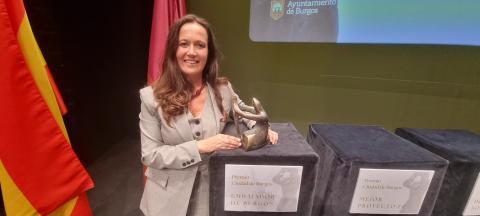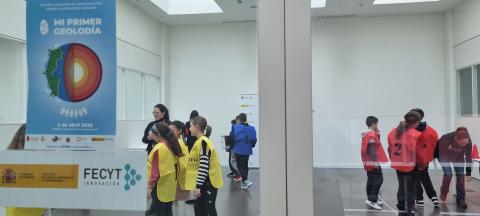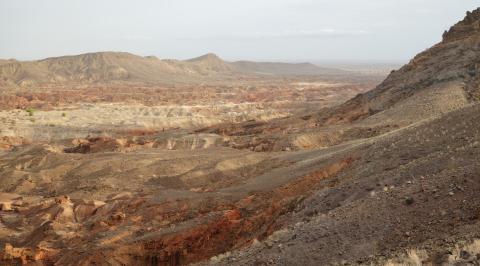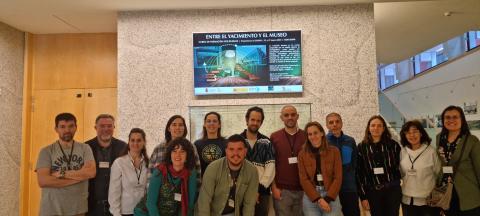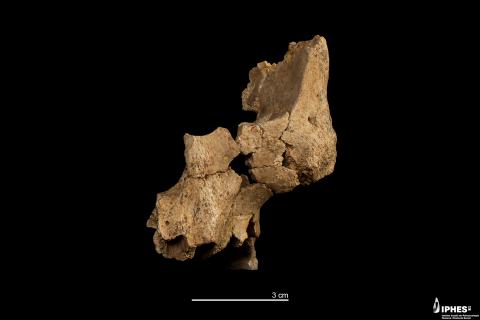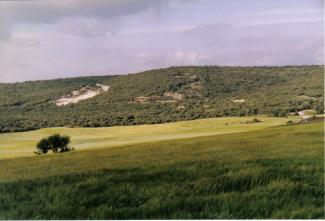
Researchers from the Paleoecology and Paleophysiology groups at the Centro Nacional de Investigación sobre la Evolución Humana (CENIEH) has published the work "Modeling trophic resource availability for the first human settlers of Europe: The case of Atapuerca-TD6" in the Journal of Human Evolution stating that cannibalism of Homo antecessor was not due to periods of famine, as there was plenty of food resources in Atapuerca 800,000 years ago.

